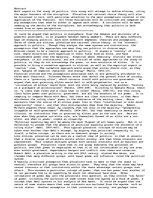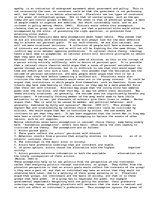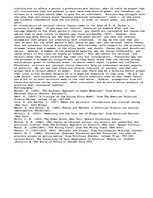-
Compare and Contrast the Assumptions, if Any, which Classical Elitists, Pluralists and Rational Choice Theorists Bring to the Analysis and Explanation of Politics
Level:
Secondary school
Literature:
n/a
References:
Not used
Send to email
Your name:
Enter an email address where the link will be sent:
Hi!
{Your name} suggests you to check out this eKönyvtár paper on „Compare and Contrast the Assumptions, if Any, which Classical Elitists, Pluralists and Rational Choice Theorists Bring to the Analysis and Explanation of Politics”.
Link to paper:
https://eng.ekonyvtar.eu/w/396263
Link to paper:
https://eng.ekonyvtar.eu/w/396263
Email has been sent



